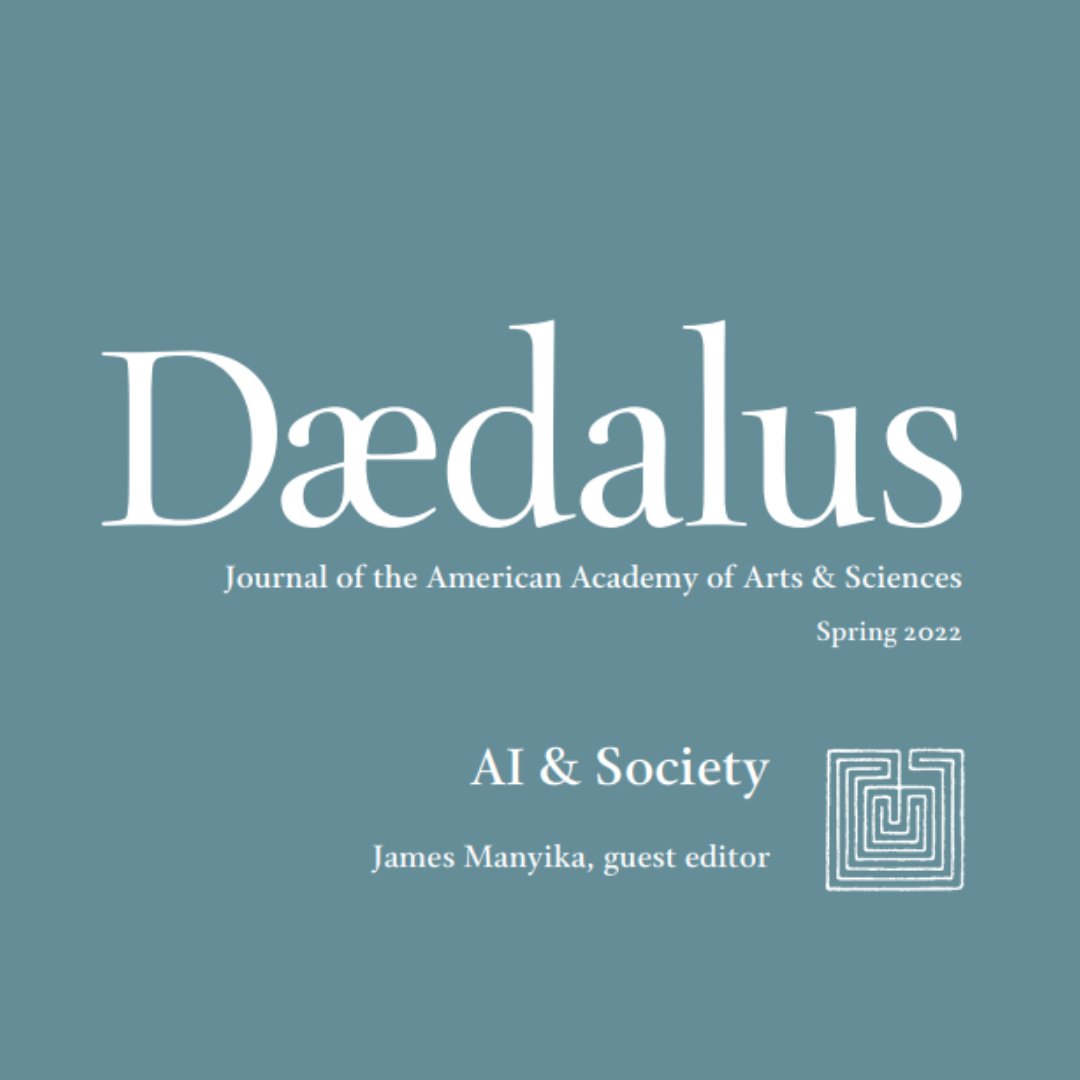More and more Americans, and indeed workers around the world, believe that while the technology may be creating a new billionaire class, it is not working for them. The more technology is used to replace rather than augment labor, the worse the disparity may become, and the greater the resentments that feed destructive political instincts and actions. More fundamentally, the moral imperative of treating people as ends, and not merely as means, calls for everyone to share in the gains of automation.
The solution is not to slow down technology, but rather to eliminate or reverse the excess incentives for automation over augmentation. A good start would be to replace the Turing Test, and the mindset it embodies, with a new set of practical benchmarks that steer progress toward AI-powered systems that exceed anything that could be done by humans alone. In concert, we must build political and economic institutions that are robust in the face of the growing power of AI. We can reverse the growing tech backlash by creating the kind of prosperous society that inspires discovery, boosts living standards, and offers political inclusion for everyone. By redirecting our efforts, we can avoid the Turing Trap and create prosperity for the many, not just the few.


